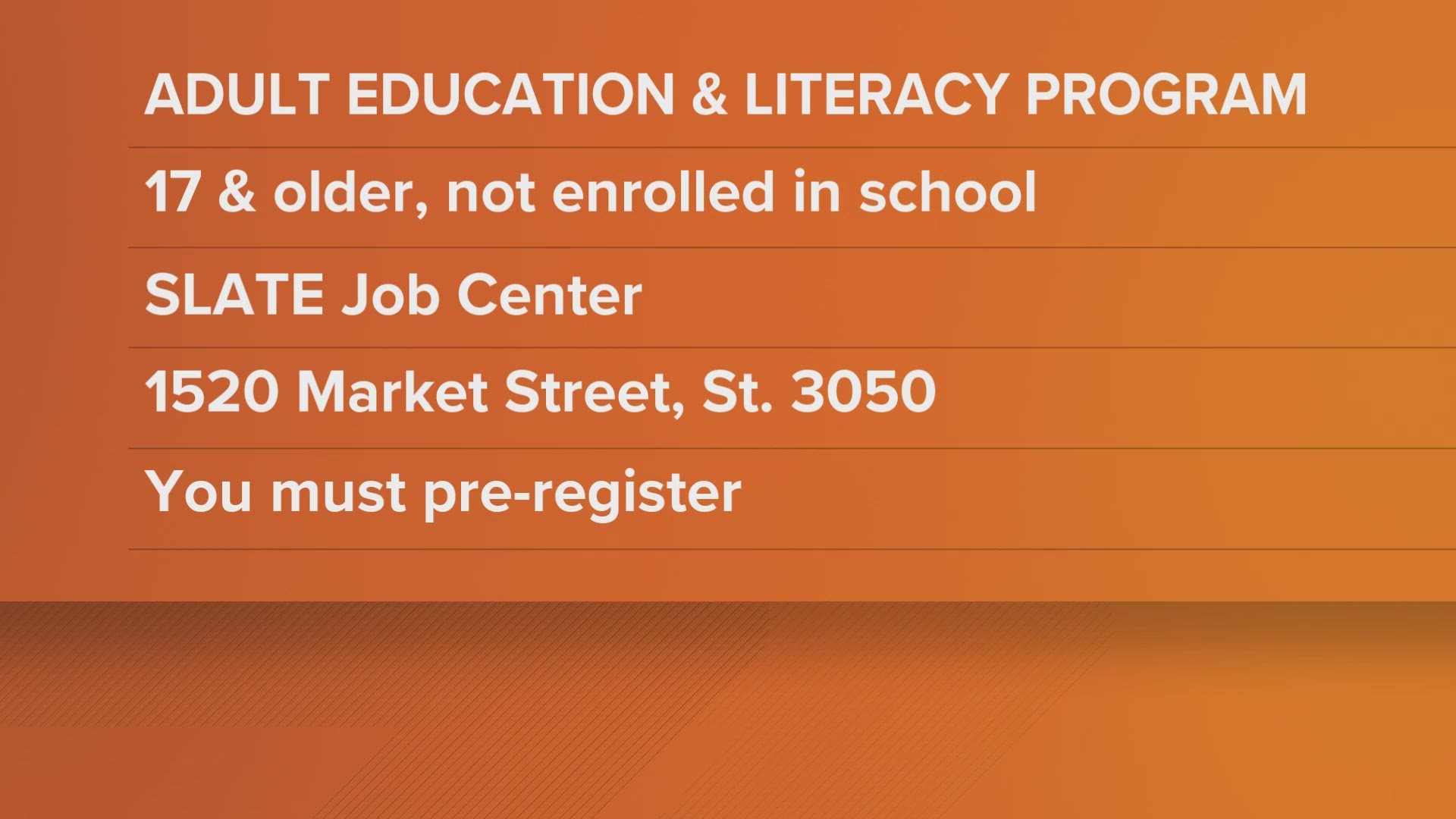Millennial Retirement Idealism
How will millennials do in retirement? Very well...or so they think. A recent survey by Aperion Care on millennials and aging found that many millennials have fairly ambitious – and, in some cases, unrealistic – expectations regarding their golden years.
Millennials expect to live to age 81 on average – which is the current average life expectancy for women and not far away from the average life expectancy of age 76 for men. Over 60% of respondents expect to live longer than both of their parents. Given continuous medical advances, it's reasonable to expect that the majority of millennials will meet their lifespan expectations, and some well beyond that point.
If so, many millennials will experience double-digit years of retirement. Will they have the finances to support their goals over their lifetime? The Aperion Care survey suggests that millennials may need to shift their financial and retirement perceptions to meet those goals.
A Millennial Disconnect
Several survey responses seem reasonable on their own, but other responses suggest a disconnect between expectations and reality. For example, 34% of the respondents believe that they can retire comfortably on $200,000 or less – and 15% believe that they can retire comfortably on $100,000 or less. Only one-quarter of survey respondents expect to need $1 million or above to retire comfortably.
This sharply contrasts with the AARP estimate of $1.18 million in retirement savings to live off of $40,000 annually over a 30-year retirement span – and there are plenty of areas in the U.S. where $40,000 is not a comfortable income.
Are their expectations in retirement lower? Apparently not, given that approximately 84% of millennial respondents expect to be about the same, better off, or a lot better off than their parents financially. In further contrast, 29% of them expect to be either rich or very rich when they die, and another 60% expect to be in an average financial state at death.
This assessment doesn't match up with their retirement planning practices. Currently, 84% of millennials have less than $50,000 in retirement savings, and a surprising 42% of millennials have no money saved for retirement at all. (In fairness, Baby Boomers are not much better – 53% have less than $50,000 in retirement savings and they have a lot less time to catch up.)
Perhaps millennials plan to work longer? Not likely, given that 40% of survey respondents expect to retire at a younger age than their parents.
It's possible that millennials haven't really grasped the time value of money and the long-term effects of inflation. However, it's more likely that millennials simply haven't looked at their retirement readiness in a comprehensive way.
The Aperion Care survey probably represents youthful optimism and unrealistic expectations of expenses. For example, 57% of millennials expect to die at home, compared to only 9% in hospice or assisted living – suggesting that many have not considered the enormous expenses associated with long-term care and the chances of their requiring it.
Everything would have to go perfectly for many of the survey respondents to retire comfortably given their goals – and how often does that happen?
Take Steps Now
As a millennial, how does your retirement readiness stack up to these survey results? Take a few moments to realistically assess your situation. The MoneyTips Retirement Planner can help you run scenarios and determine how much money you will really require to have a comfortable retirement.
Don't forget to pad your estimates to account for two common omissions – inflation and medical costs. Fidelity estimates that an average 65-year old couple retiring today will pay an average of $275,000 in out-of-pocket medical costs over their lifetime, a $15,000 increase from the previous year.
In the meantime, start socking away as much as you can possibly afford for retirement. Automatic contributions to an employee 401(k) program are the most efficient way to save, but don't settle for the default contribution amount. If you can afford to do so, max out your 401(k) to the $18,500 annual limit for those under age 50. Make sure that you contribute at least up to any employer-matching limit, because employer matching equals free money.
If you don't have a 401(k), establish an IRA and fund it up to the annual limit if possible ($5,500 for workers under age 50).
It's important that you start saving now to take advantage of the time value of money. Don't be like the majority of boomers with insufficient retirement savings and limited time to catch up.
The Takeaway
Regardless of your generation, it's important to approach retirement with realistic goals and plan appropriately if you want to have a comfortable retirement.
Our retirement advice boils down to eight simple words: Plan early, save early, review often, adjust frequently.
This article was provided by our partners at moneytips.com.
To Read More From MoneyTips:
Photo ©iStockphoto.com/Thurtell


